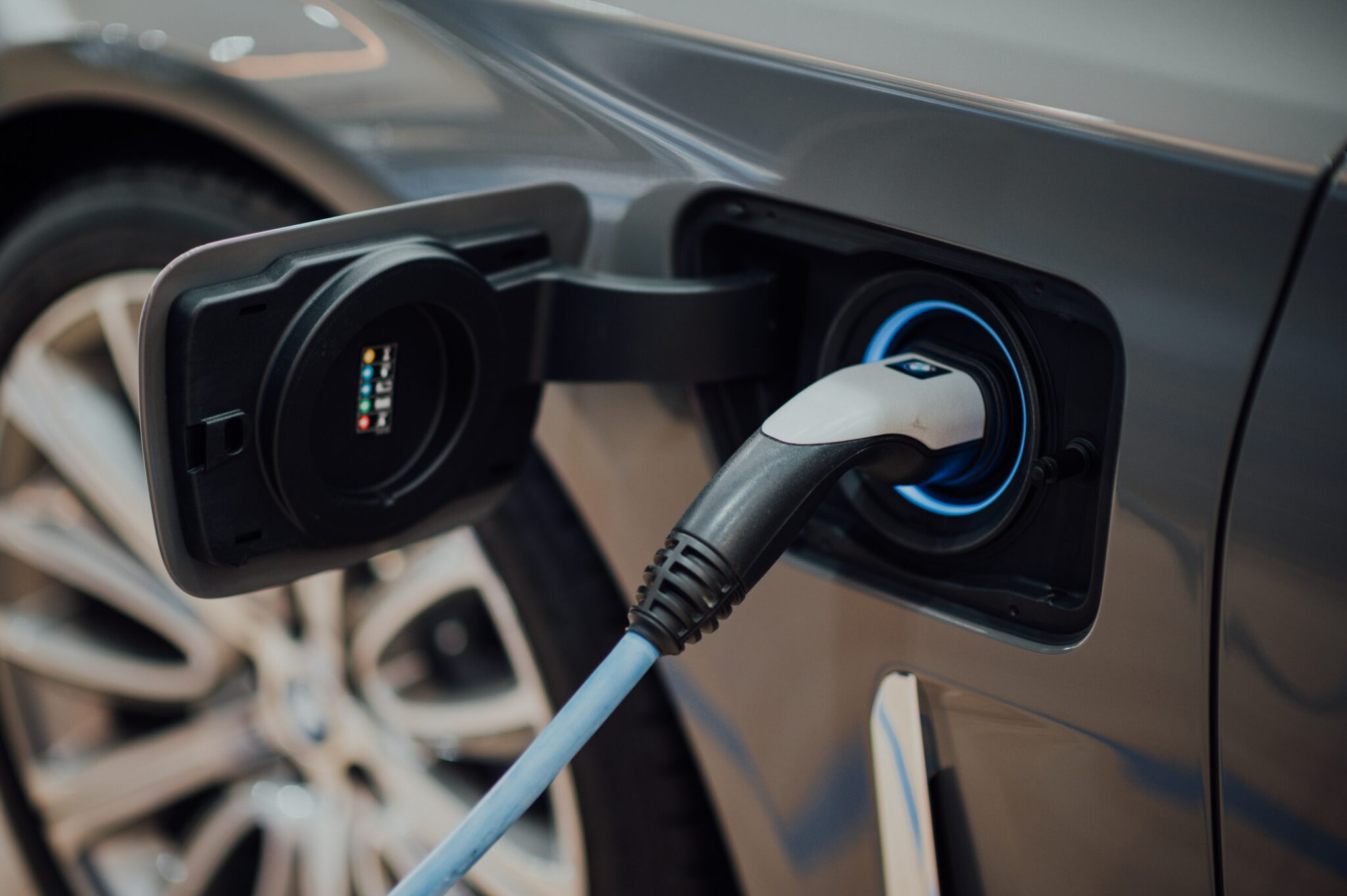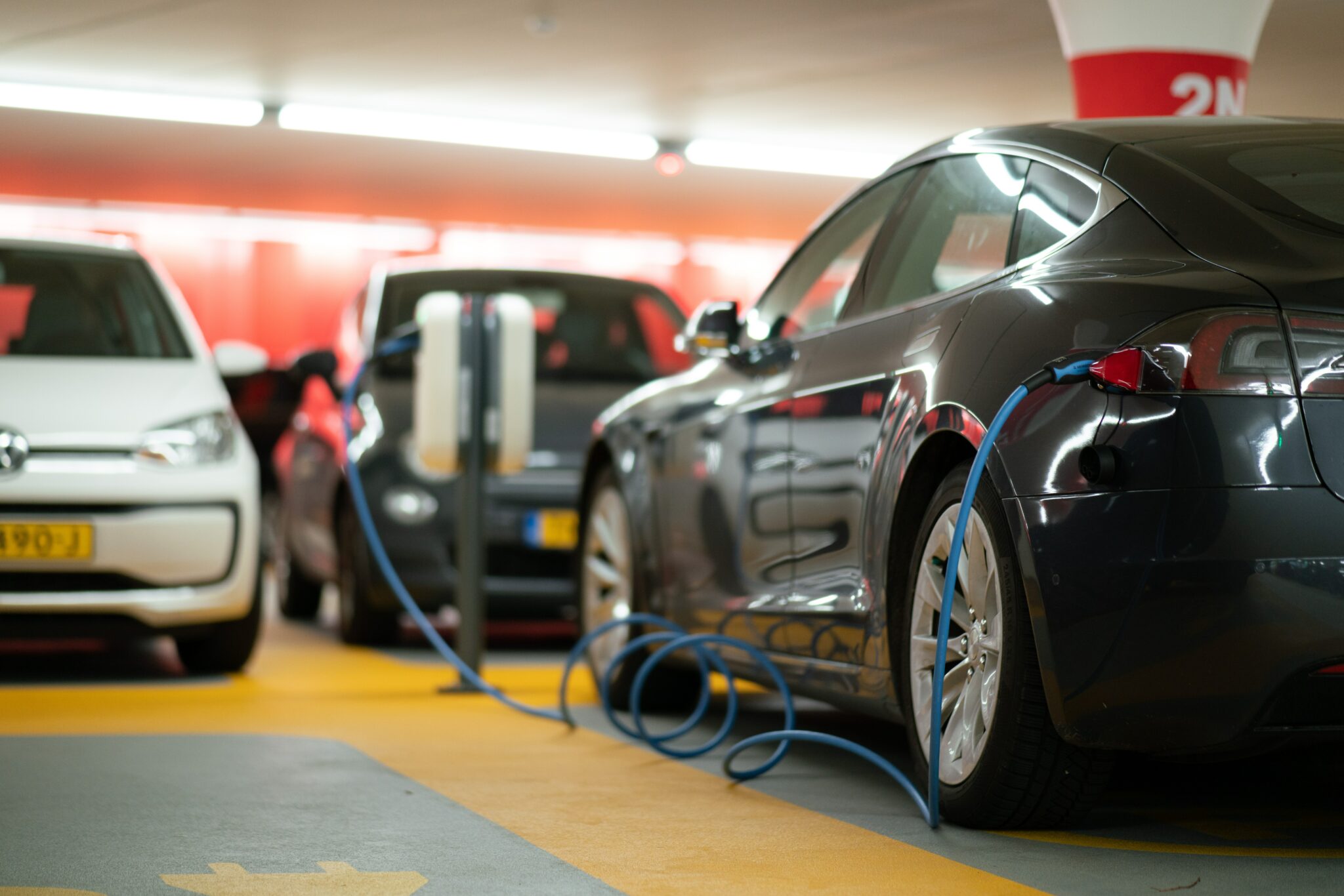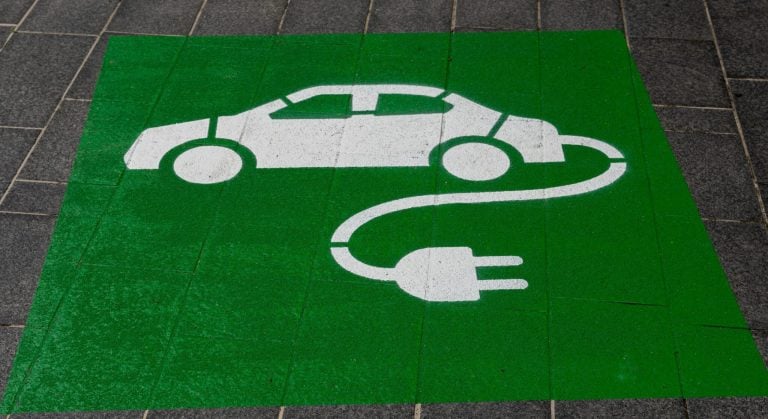A law promoting electric transport in Panama was signed off by Panamanian President Laurentino Cortizo in 2023, as part of a broader effort to reduce greenhouse gas emissions, encourage the use of renewable energy, and promote sustainability.
Panama Will Increase Available Electric Charging Stations
Law 162 offers a five-year period of exemption from vehicle licensing fees for all electric vehicles. That five-year period begins when an electric vehicle is purchased or from the moment the law was enacted for electric vehicles that were already purchased.

The law also dictates that by 2025 all types of transportation overseen by public institutions must be in the process of transitioning to electric power.
According to a press release issued by the Panamanian President’s Office, the law regulates the development and operation of electric mobility in Panama, promoting the transition from petroleum-powered to electric vehicles, while establishing a range of measures and incentives to encourage the uptake of electric transport among public, private, and academic organizations.
“This law is aligned with the Government’s energy strategy to migrate towards less polluting energy sources, a policy that today takes on greater importance with the rise in hydrocarbon prices subject to geopolitical and external factors,” Cortizo stated during the signing.
Public Transportation Transition Targets
Under the terms of the law, by 2025 at least 10% of vehicles used and managed by public entities must be electric, and by 2027 that proportion must have risen to a quarter of vehicles. By 2030, the proportion of electric vehicles used by such institutions must have reached 40%.
Mass transportation and public transport providers are subject to slightly different demands after 2025, with 20% of vehicles needing to be electric by 2027 and 33% by 2030.
Oversight and Management of Electric Transport
The electric transport law in Panama is overseen by the country’s Transit and Land Transport Authority (ATTT), which conducts annual reviews to track progress.
Meanwhile, the National Energy Secretariat and individual municipalities manage the necessary expansion of electric charging facilities. New initiatives include workforce training by the National Energy Secretariat to support technical expertise in the electric mobility sector. As part of the initiative, green license plates have been introduced for electric vehicles.
Challenges in Meeting Government Targets
To date, only one electric vehicle has been acquired by public institutions, against the target of 1,300 electric vehicles by 2025. The government’s Framework Agreement faces challenges, including limited brand availability—only KIA is currently listed as a supplier—and plans to relaunch the agreement in 2024 with broader participation.
Any institution that fails to comply with the law risks losing its operating certificate.
Market Statistics
Panama’s electric vehicle market has experienced significant growth. EV penetration reached 2.5% in 2024 and is projected to rise to 3.8% by the end of 2025. Total vehicle sales are projected to hit 49,800 units in 2025, representing 3.7% growth. Of these, EV sales are forecasted to reach 1,400 units, marking a 55.8% year-over-year growth.

As of August 2024, a total of 1,609 zero-emission vehicles had been sold, including 50 plug-in hybrids, 1,188 conventional hybrids, and 371 fully electric vehicles. The top-selling models in Panama include the Lexus NX Hybrid, Subaru Crosstrek 2.0i-S Limited Hybrid, and BYD Yuan Plus.
Infrastructure and Technical Transformation Goals
The development of charging infrastructure is ongoing, with an emphasis on distributed generation, targeting 4.3% by 2024. Additionally, the government aims to achieve 10% electromobility penetration by 2024. The expansion of electric charging facilities remains a cornerstone of this transformation.
Opportunities for Investors
The electric vehicle market has grown exponentially in recent years, with global sales doubling in 2021 alone. That trend has inspired a range of well-established car manufacturers committing to transitioning to purely electric vehicles in the coming years.
Latin America’s Electric Vehicle Market is Growing Fast
While Tesla is arguably the best-known car manufacturer that only produces electric vehicles, a growing number of brands are emerging.
They include electric truck maker Bollinger, Chinese car manufacturer Byton, electric van and minivan producer Canoo, and Vietnam’s VinFast, among many others. Tech titan Apple is also reported to be working on an electric vehicle.
Amid the growing demand for electric vehicles, laws such as Panama’s electric transport legislation offer significant opportunities to firms working in the electric vehicle space.
Currently, Latin America’s electric vehicle market is in its infancy, with the impressive 75% growth in sales in 2021 still not matching the doubling of sales seen worldwide. That despite the fact that 2021 saw massive leaps in sales in the likes of Chile (+231%), Ecuador (+225%), and Peru (+160%).
While incentives such as tax exemptions and reductions are in place, considerably more room exists for greater official effort to be made to promote electric vehicle usage in Latin America.
Panama as a Model for Electric Transition
Panama’s electric transport law is a prime example of the sort of measure that can be taken, with the Central American country continuing to see considerable growth in its electric vehicle market, if for no other reason than the fact that public institutions are now compelled to transition away from petroleum vehicles.
Colombia has one of the most impressive electric car markets in Latin America, accounting for more than 30% of the electric vehicles in usage in the region in 2020.
In Central America, meanwhile, Panama’s neighbor Costa Rica has arguably the most developed electric vehicle market, with more than 1,738 electric vehicles in usage in 2020, compared to just 20 in Panama that same year.
However, given the ongoing rapid growth of this market and increasing awareness among governments of the need to promote it, uptake of electric vehicles and opportunities for manufacturers are set to grow significantly in the coming years – with that trend now well underway in Panama.
How Biz Latin Hub Can Help
Biz Latin Hub provides integrated market entry and back office services across Latin America, including Panama. With a presence in 17 key cities throughout the region, we are ideally positioned to assist with multi-jurisdictional market entries and cross-border operations.
Our portfolio of services includes company formation, accounting & taxation, corporate legal services, due diligence, and hiring & PEO solutions. These offerings make us an invaluable partner for businesses aiming to capitalize on the growing opportunities in Panama’s electric vehicle market and broader energy transition initiatives.
To learn more about how we can support your business expansion into Panama or the wider region, contact us today. Our expert team is ready to assist with tailored solutions to meet your needs.






